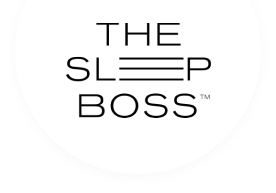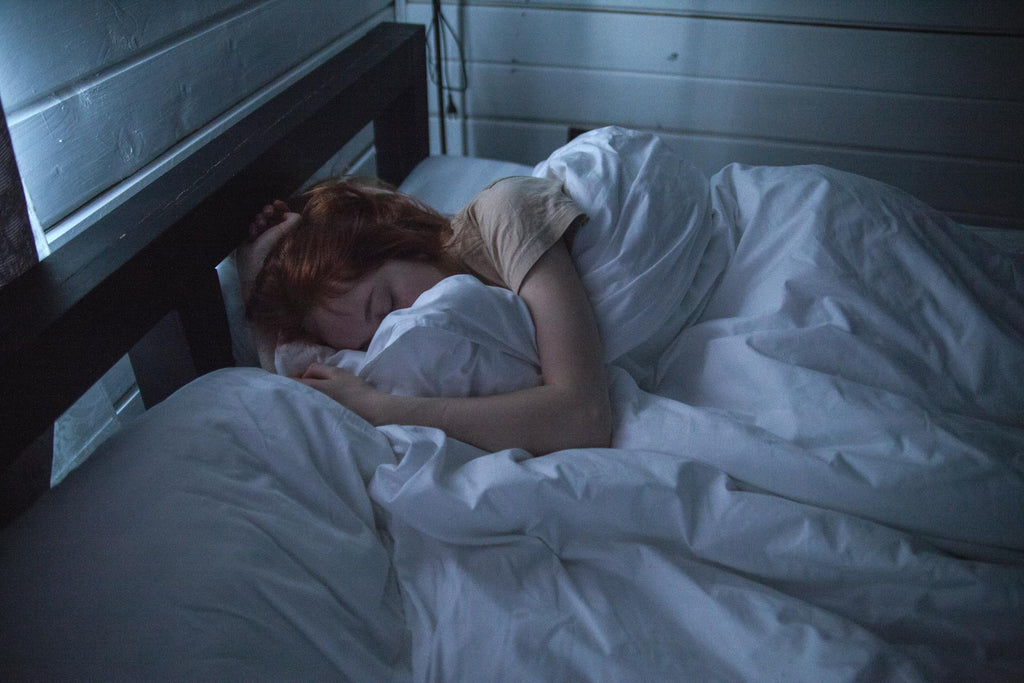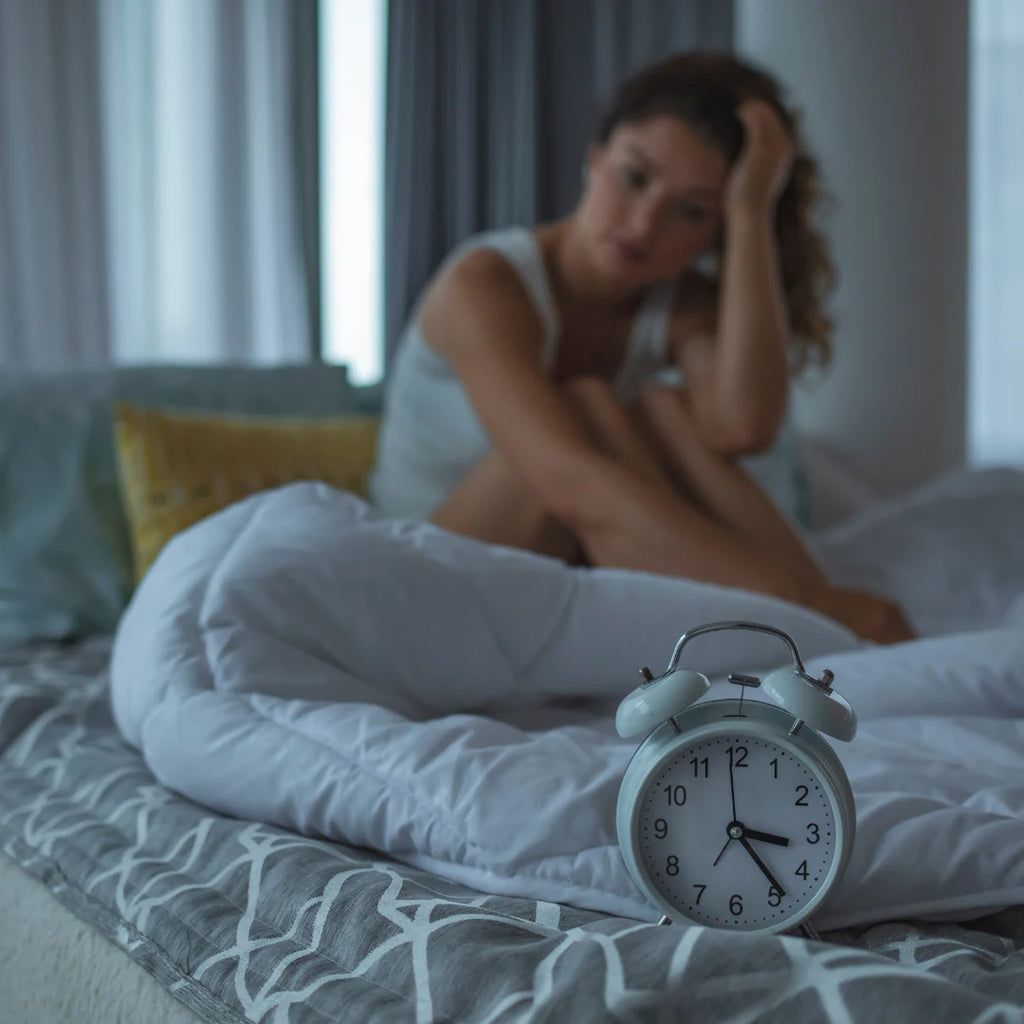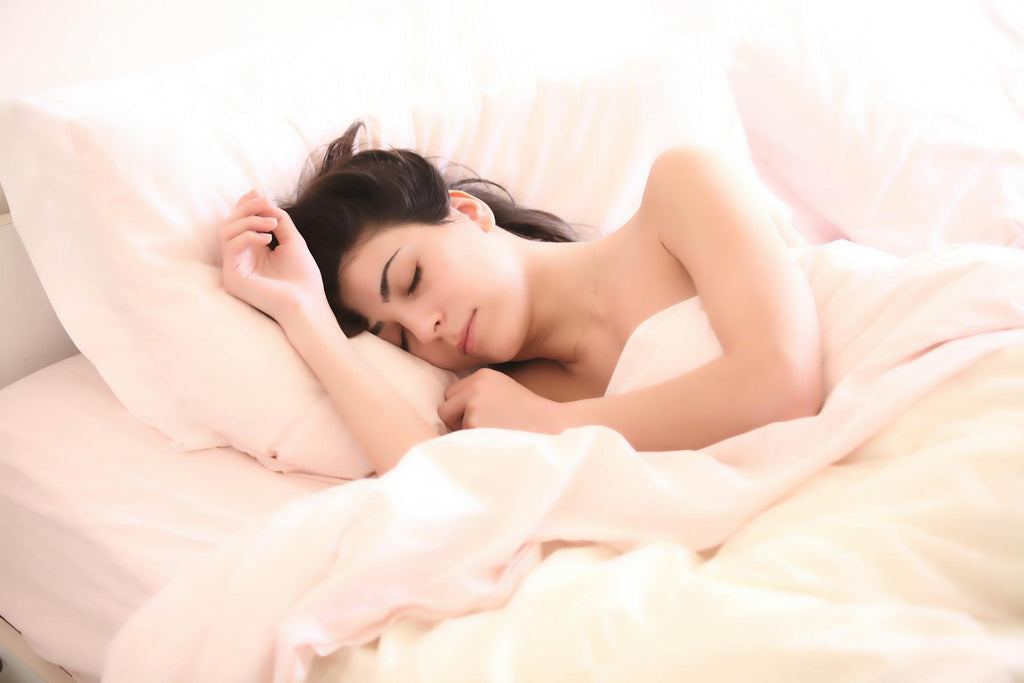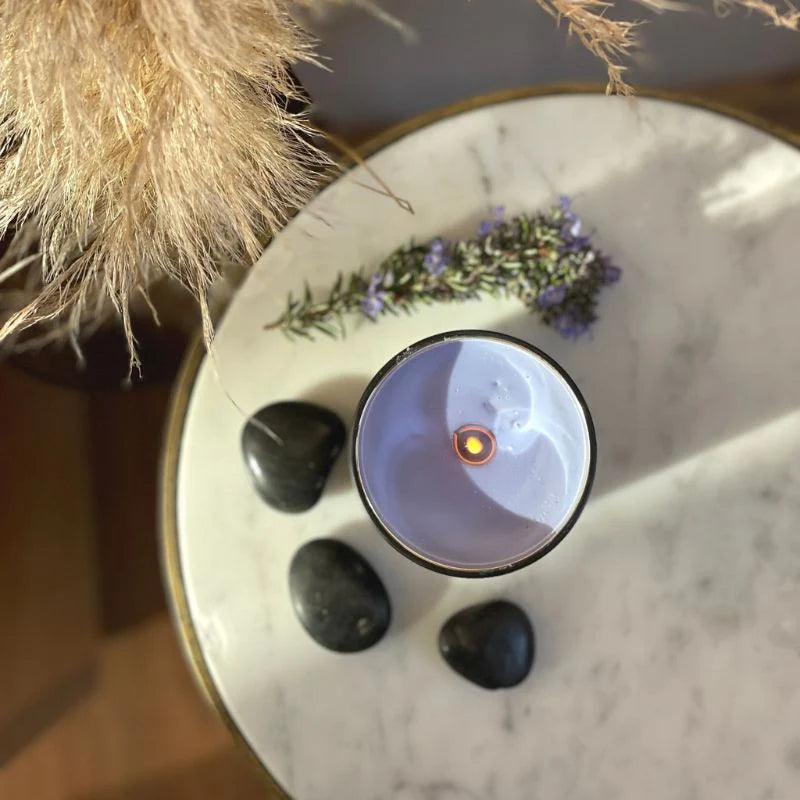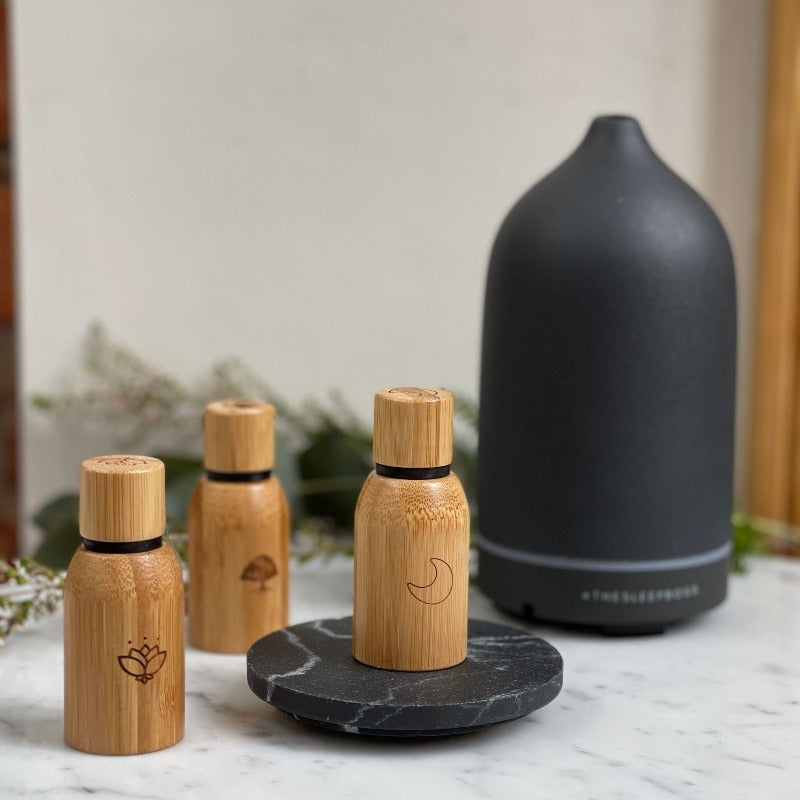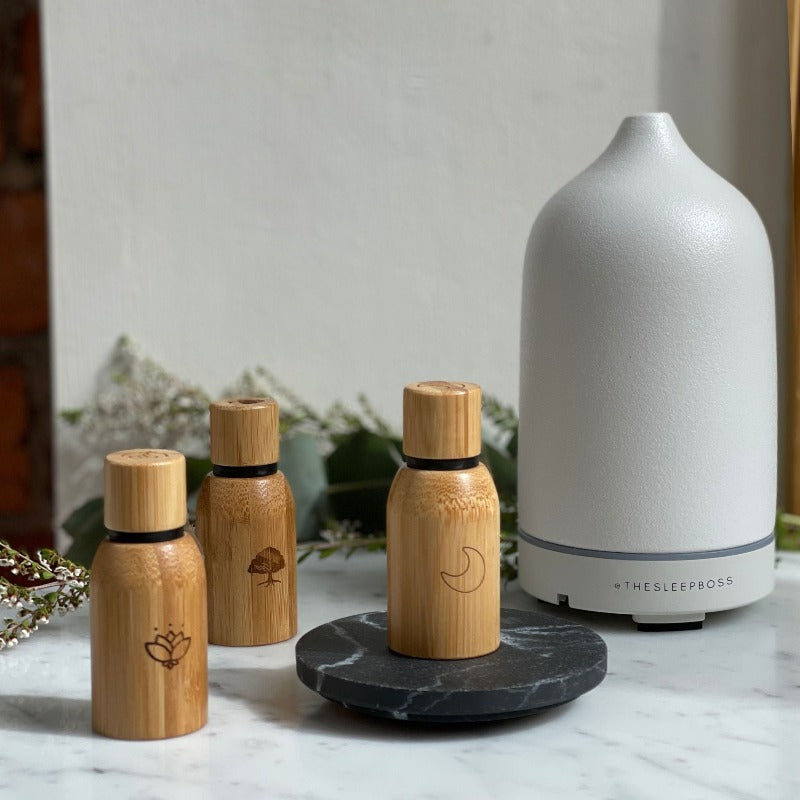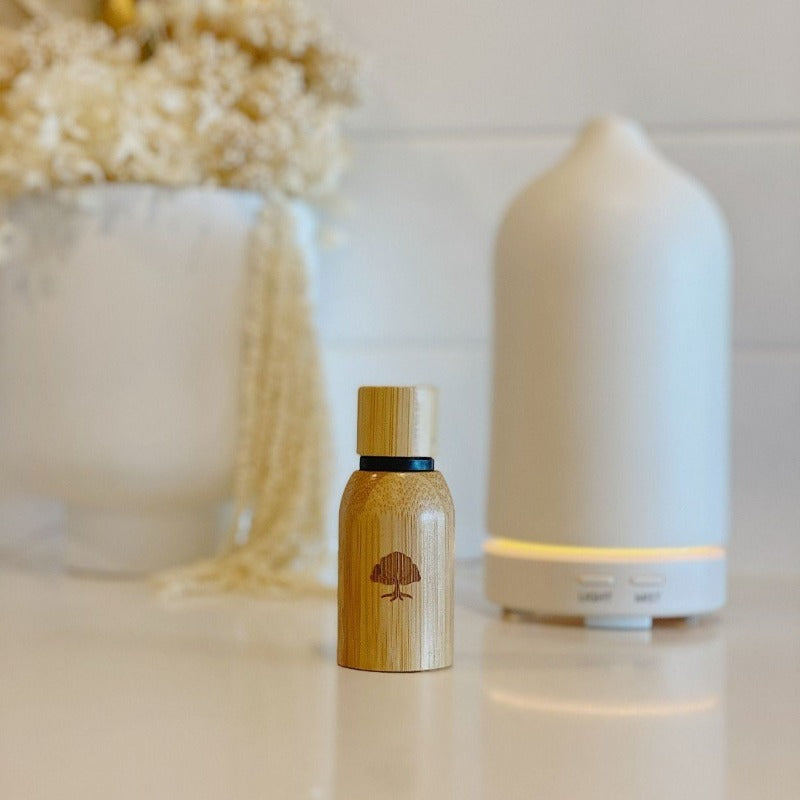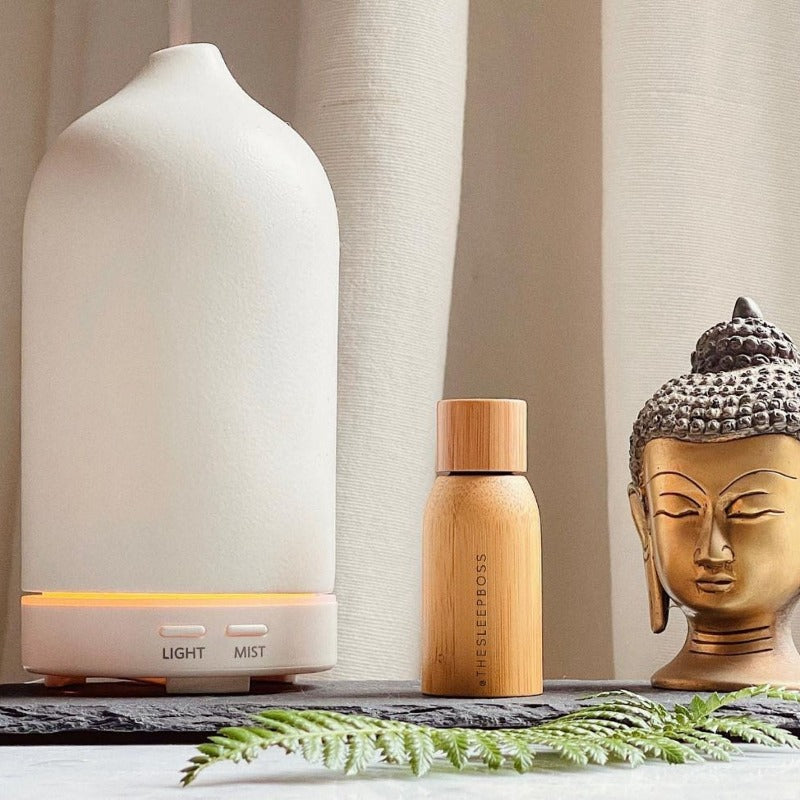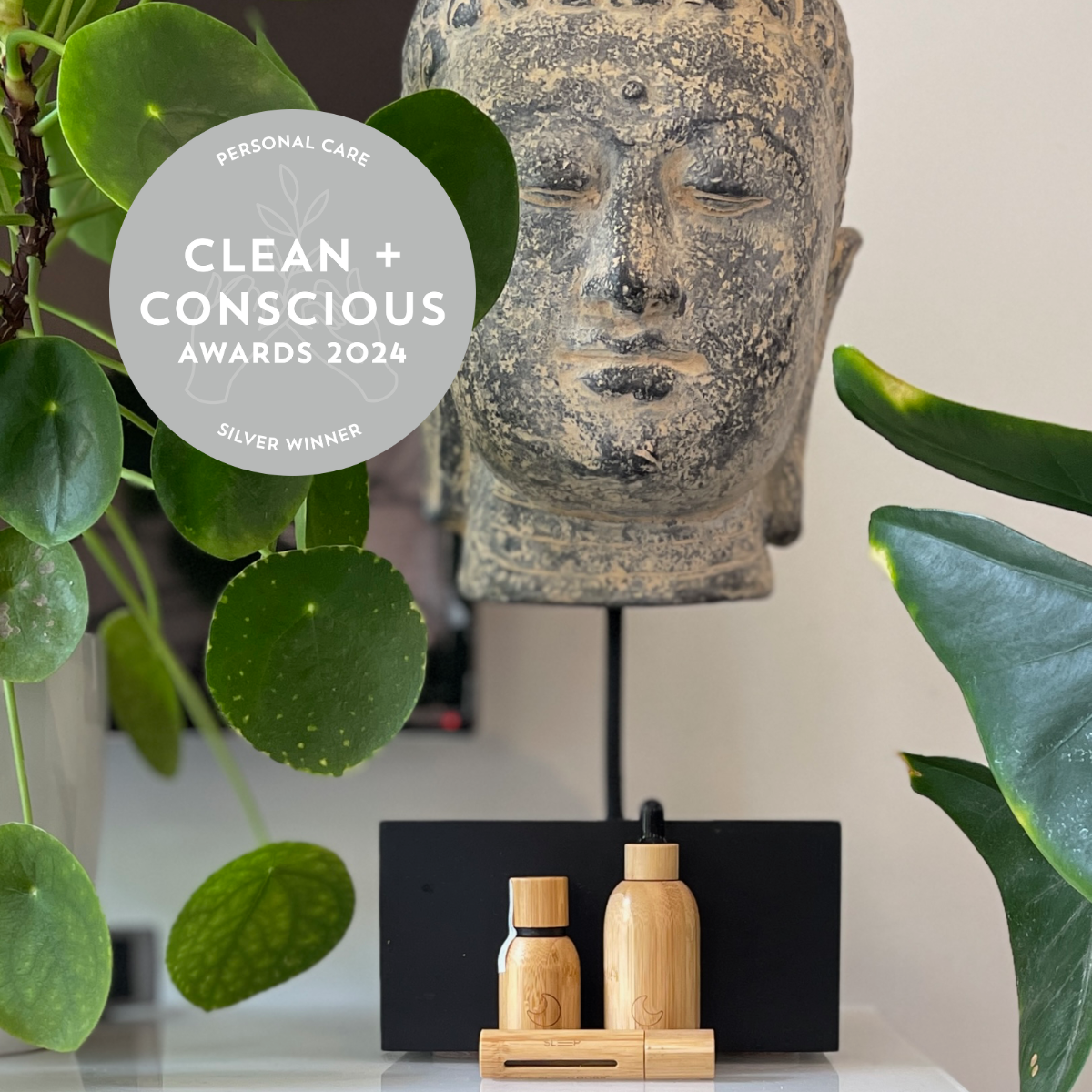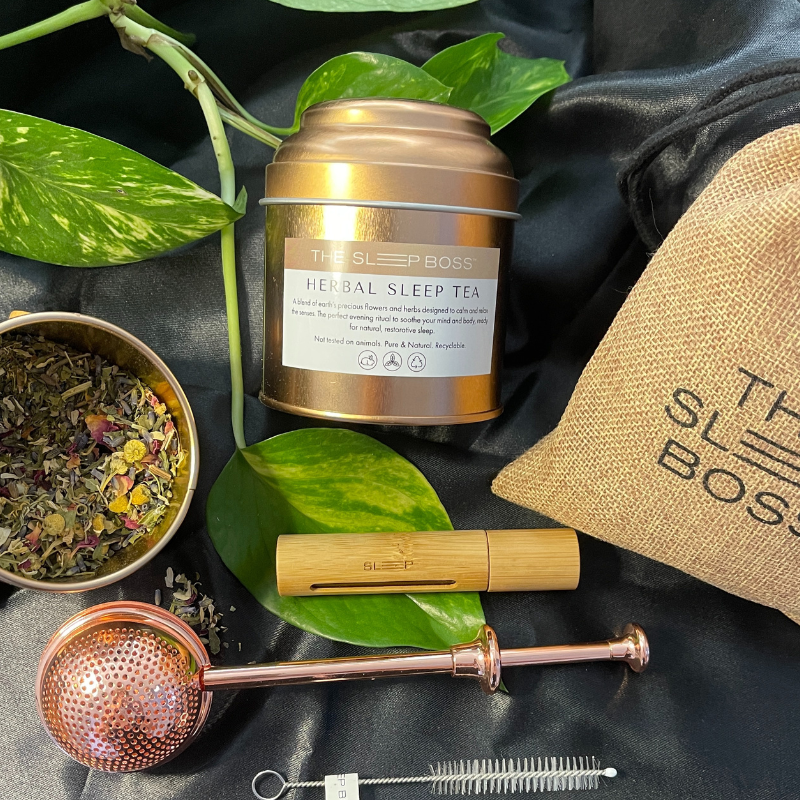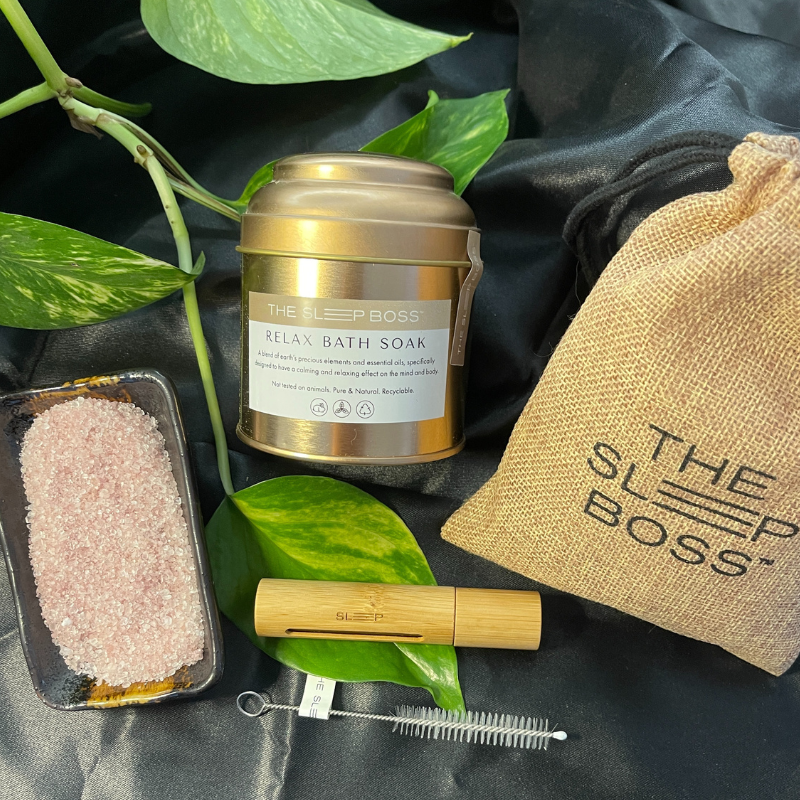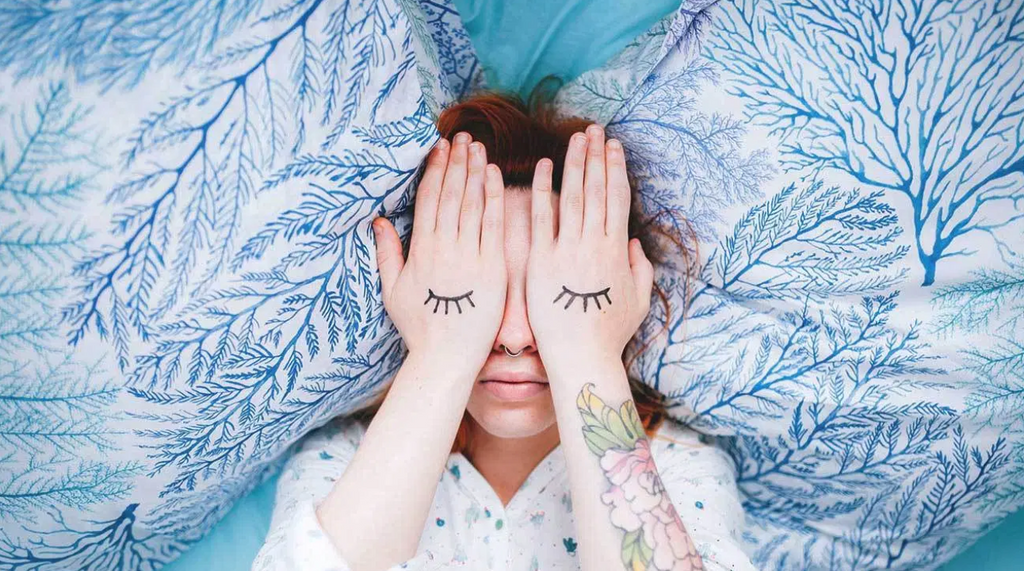
Lull Your Body To Sleep In Minutes
Sleep is a crucial component of our daily lives, offering numerous benefits that are essential for our overall well-being. By ensuring we have an effective sleep routine, we allow our bodies to be lulled to sleep, providing a range of benefits that can have a profound impact on our health, happiness and well-being.
Benefits of Sleep
if you want to optimise your physical and mental performance, don't underestimate the power of a good night's sleep!
- Enhances your mood: when the alarm goes off, we often hit the snooze button for more sleep; if this does not happen, we may have a bad day ahead of us. A good night's sleep helps us to reduce stress and to maintain a positive attitude.
- Ability to think more clearly. When we don’t get enough sleep, our attention and concentration abilities decline. Our reaction time lengthens and we can’t react as well or as quickly to new information, including dangerous situations.
- Stress reduction: The Sleep Health Foundation (SHF) is Australia’s leading advocate for healthy sleep. Its mission is to improve people’s people’s lives through better sleep. Sleep and stress have a close relationship with one another. When we are stressed, it can be challenging to fall asleep and stay asleep, leading to a vicious cycle of stress and sleep deprivation. On the other hand, getting adequate sleep can help to manage and reduce stress levels.
- Improves Mental Function: Sleep helps to consolidate memories, strengthening connections between brain cells and making it easier to recall information. Sleep can also enhance creativity, helping you to think more creatively and solve problems more effectively. Adequate sleep can improve your ability to concentrate and pay attention, making it easier to stay focused and on task throughout the day.
- Delays aging: Sleep is essential for our overall health and can help to delay the aging process in several ways. From boosting the immune system to hormone regulation and cell repair/regeneration, sleep is crucial in keeping the body’s defenses strong. This can help to ward off disease and delay the onset of age-related health issues.
How to Fall into a Deep Sleep in Minutes
As a result of the stress accumulated throughout the day, some people find it difficult to fall asleep at night. If you fall into this category, here are a few techniques that can help you relax and promote sleep.
Try this routine…
- The first step is to take a seat on the side of the bed. The only light that can be turned on is the one on the bedside table. Phones must be turned off.
- Then we start with face muscle relaxation exercises. We will extend them as far as we can, imitating a grin, and then relax them, returning to the original position.
- When we feel the muscles of our face relax, we move onto our shoulders and arms, letting them hang down as though something is pressing them down.
- Meanwhile, we take deep breaths and focus on the sound of the air as we inhale and exhale. We continue to relax the muscles in our legs in the same way that we have relaxed the muscles in our arms until we feel fully relaxed.
- The purpose is to ensure that your entire body is relaxed. When we've completed the task, we'll close our eyes for around 10 seconds. You must allow any thoughts that arise pass through your mind without considering them.
- The final step is to put yourselves in one of these two scenarios. The first is reclining inside a boat on a lake, gazing up at the sky. The second is in a slow-rocking hammock.
You may recognise the first technique as progressive muscle relaxation. Coupled with slow, deep breathing, this can help to release tension and promote relaxation.
Then the visualisation helps to relax and calm your mind, reducing stress and anxiety, and creating a sleep-conducive environment in your mind.
Following these procedures, you should be able to fall asleep within minutes. It’s important to note that they are not a guarantee of deep sleep. To promote deep sleep, it’s important to maintain a regular sleep schedule and avoid activities and/or stimulants that can disrupt sleep including caffeine, alcohol, and screens.
